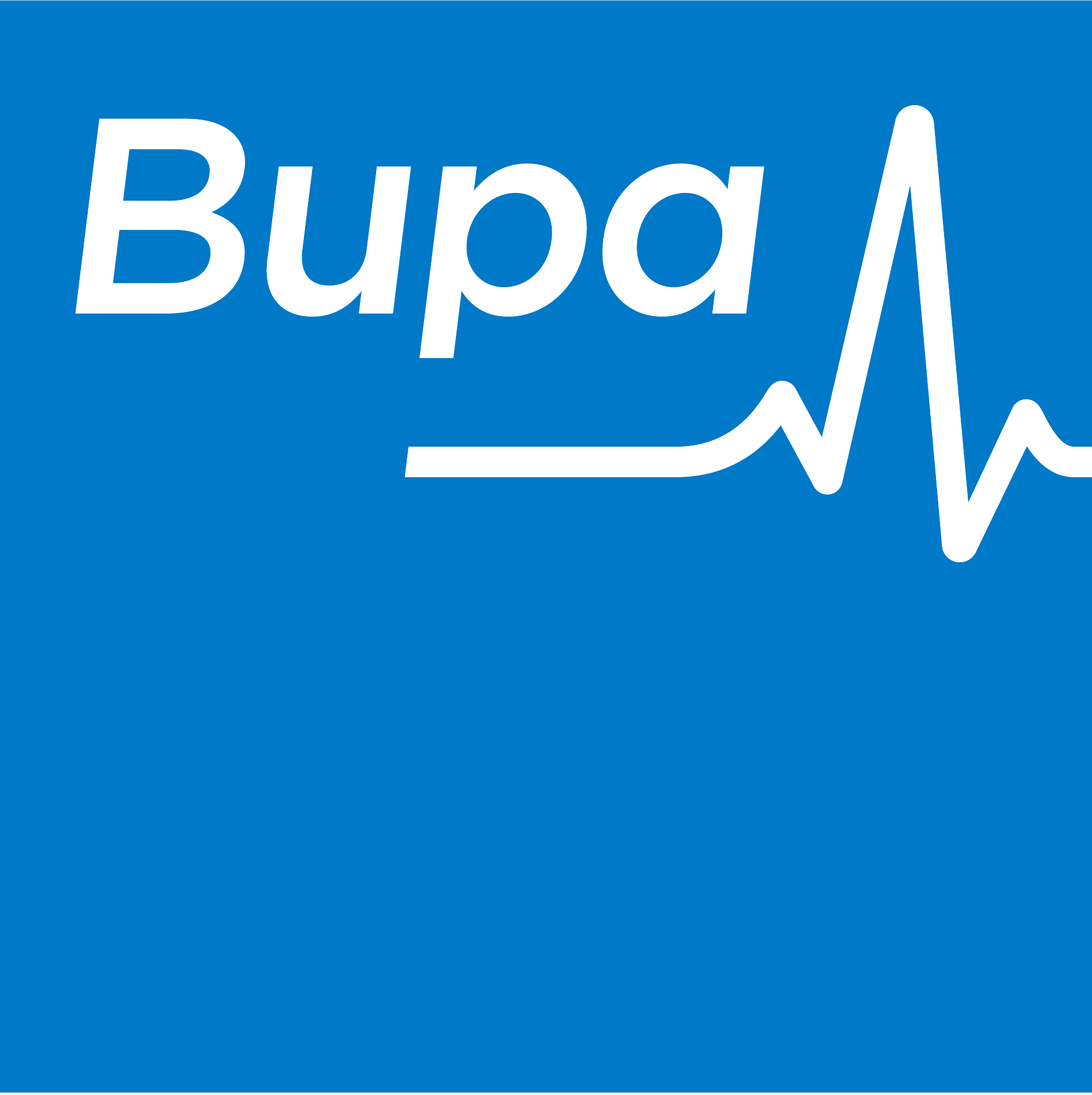There has long been a clear link between aspects of wellbeing and good oral health – not least a clear link between good mental health and good oral health.
But very few people indeed recognise that there is a clear connection between the menopause and oral health. In fact, 90% are not aware that changes in their teeth, tongue and gums can be directly linked to the menopause. That’s not just caused by men skewing the figures. Take them out of the equation and that still leaves 86% of women with the same lack of awareness. All this comes during Menopause Awareness Month in October.
The impact of the menopause on female oral health can be severe. It ranges from a painful, dry mouth due to the impact of falling oestrogen levels on saliva production, which leaves menopausal women open to gum disease, through to the weakening of both the teeth and the jawbone due to osteoporosis.
Nobody should suffer in silence
As with any oral health issues, early identification means that suitable treatment can be given more quickly. Nobody should be suffering in silence and leaving oral health issues untreated; as with any wellbeing concern, hoping it goes away simply stores up problems and has the potential to make them much, much worse.
Yes, oral health issues have a cost, not least in terms of time out of work; as with the menopause itself, oral health issues can also be a clear indicator of broader health problems. Workplaces have a growing responsibility in the UK to encourage employees to prioritise wellbeing and remove the barriers that make accessing help more difficult.
This can be done by investing in educational opportunities, having clear policies in place that make it easier for employees to make time for vital appointments, and investing in healthcare benefits packages which include regular oral health checks.
As well as the clear benefits to the employee of having oral health included in their healthcare benefits, the employer gains significantly, too. On average, one in three workers will have to take time off due to oral pain. Bupa’s own research suggests that those who call in sick due to that pain will miss a full day (6.5 hours) on average. With a head count of just 100 that amounts to losing £4,129.89 a year. Yet just 15% of workers have dental insurance through their employer.
What makes a good oral care package?
So, what should a good oral health package include?
Bupa benefits provide a contribution towards preventative treatments such as routine and new patient examinations, scale and polish treatments and X-rays, with all benefit allowances recently increased to enable customers to claim even more cash back. Other benefits include restorative dental treatment allowances as well as cover for dental emergencies, injuries, and oral cancer treatment.
Bupa also provides access to Oral HealthLine, which enables employees to discuss emergencies by phone, get a second opinion if needed, book appointments with more than 360 Bupa dental practices, or simply gain reassurance about oral health issues. Finally, if using a Bupa dental practice offering Instant Claim, customers enjoy a hassle-free experience where their claim will be taken care of there and then in the practice, up to benefit allowances.
As we have said, when it comes to oral health, nobody should be left to suffer in silence. During this month of Menopause Awareness, it’s even more vital that we recognise that this issue has a unique impact on female oral health. As responsible employers, we also need to be clear that our focus on this issue lasts long after the awareness month is done and dusted. Good oral health should be a part of any comprehensive menopause programme. The good news is that the support to achieve that goal is available right now.
So, let’s get moving, and make sure that when next year’s awareness month comes around, that far, far more people are in the know when it comes to the links between good oral health and the menopause.
Ann Stewart is director of dental insurance for Bupa
To find out more about how Bupa’s dental insurance can boost to both your menopause wellbeing and wider wellbeing support programmes, click here.











